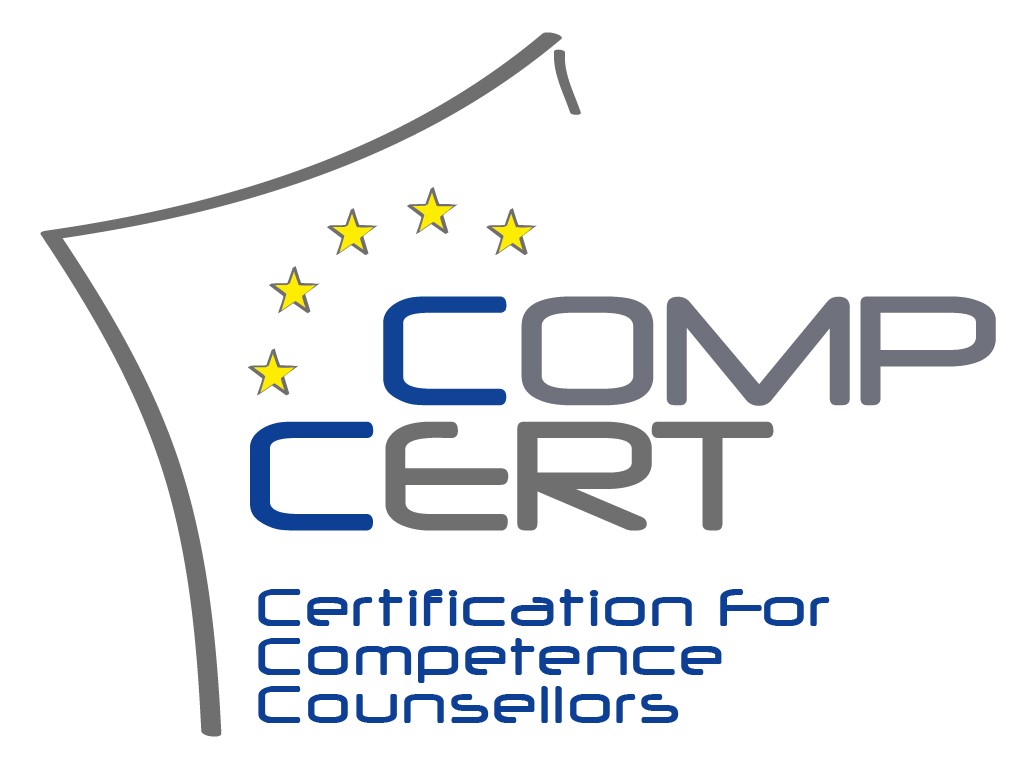CompCert – Transnational Meeting in Rome/Italy
On 21st and 22nd May 2015 project partners from France, Belgium, Italy, Czech Republic, Slovakia […]
On 21st and 22nd May 2015 project partners from France, Belgium, Italy, Czech Republic, Slovakia […]
According to plan all Project partners from France, Belgium, Slovakia, Germany and the Czech Republic […]
From 29 to 30 January 2015 the project partners from France, Belgium, Italy, the Czech Republic, Slovakia and Germany met for their regular working session in Lyon/France.
The main focuses were on one hand the necessary considerations on updating and developing the European criteria of the competence balance (BdC) and on the other hand the first steps on the path to the development of a curriculum for the training of competence counsellors (CCs).
 The „Kick-off Meeting“ on 29/10/2014 and 30/10/2014 that took place in Lengenfeld, was the start of a new EU-funded transnational project in the framework of the ERASMUS+ program, Keyaction 2 strategic partnerships. The objective of the project is the development, testing and implementation of a Europe-wide standardized type of further education for competence balance counsellors, according to the French model „bilan de compétence“. This is in-tended to ensure a nearly uniform quality of the bilan de compétences (BdC), according to the aforesaid model.
The „Kick-off Meeting“ on 29/10/2014 and 30/10/2014 that took place in Lengenfeld, was the start of a new EU-funded transnational project in the framework of the ERASMUS+ program, Keyaction 2 strategic partnerships. The objective of the project is the development, testing and implementation of a Europe-wide standardized type of further education for competence balance counsellors, according to the French model „bilan de compétence“. This is in-tended to ensure a nearly uniform quality of the bilan de compétences (BdC), according to the aforesaid model.
„KOMPASS: Competence Balance – an innovative instrument for career planning and increasing of employability of Roma“ – results, experiences and Lessons Learned
Since 01.10.2012 the FECBOP and JugendStile.V. from Plauen have been implementing the Leonardo da Vinci Transfer of Innovationproject „KOMPASS“ together with 7 partner organisations from Hungary, Romania, Bulgaria and France. The project is co-financed through the EU programme for Lifelong Learning.
“... They steal like ravens, are not willing to work and a peoples of restless nomads ...” – when itcomes to “gypsies” we are quick with prejudices. Even more problematic is the fact that they can bemobilised any time what is proven by regular riots and their actual living conditions in a very sad way.